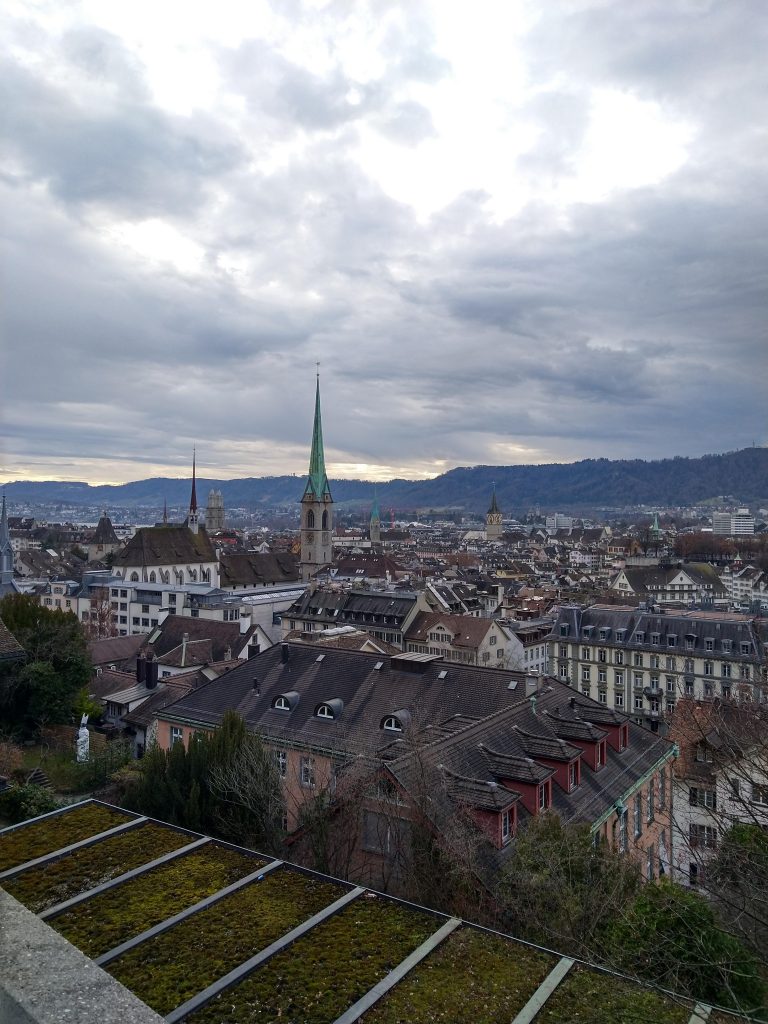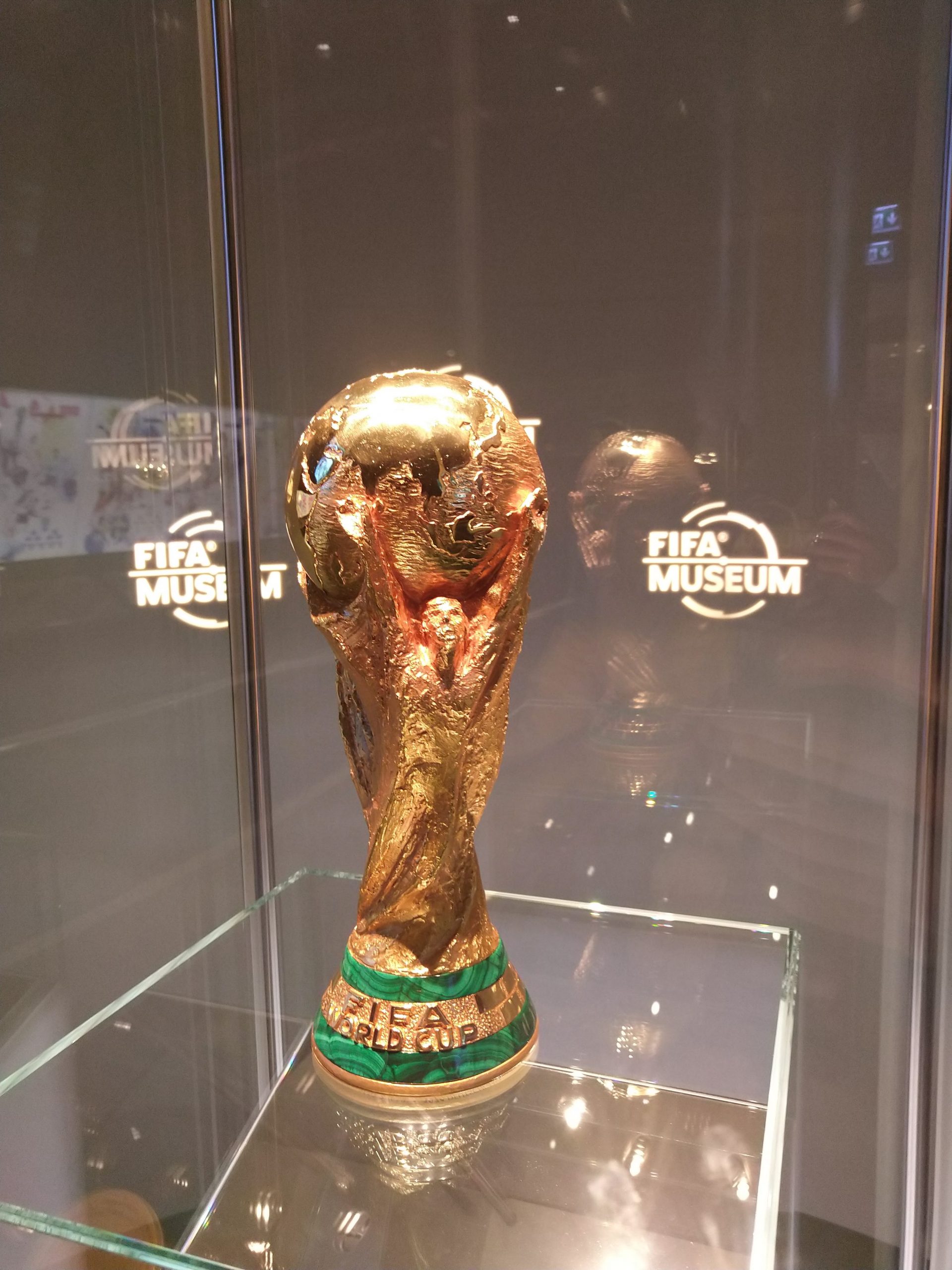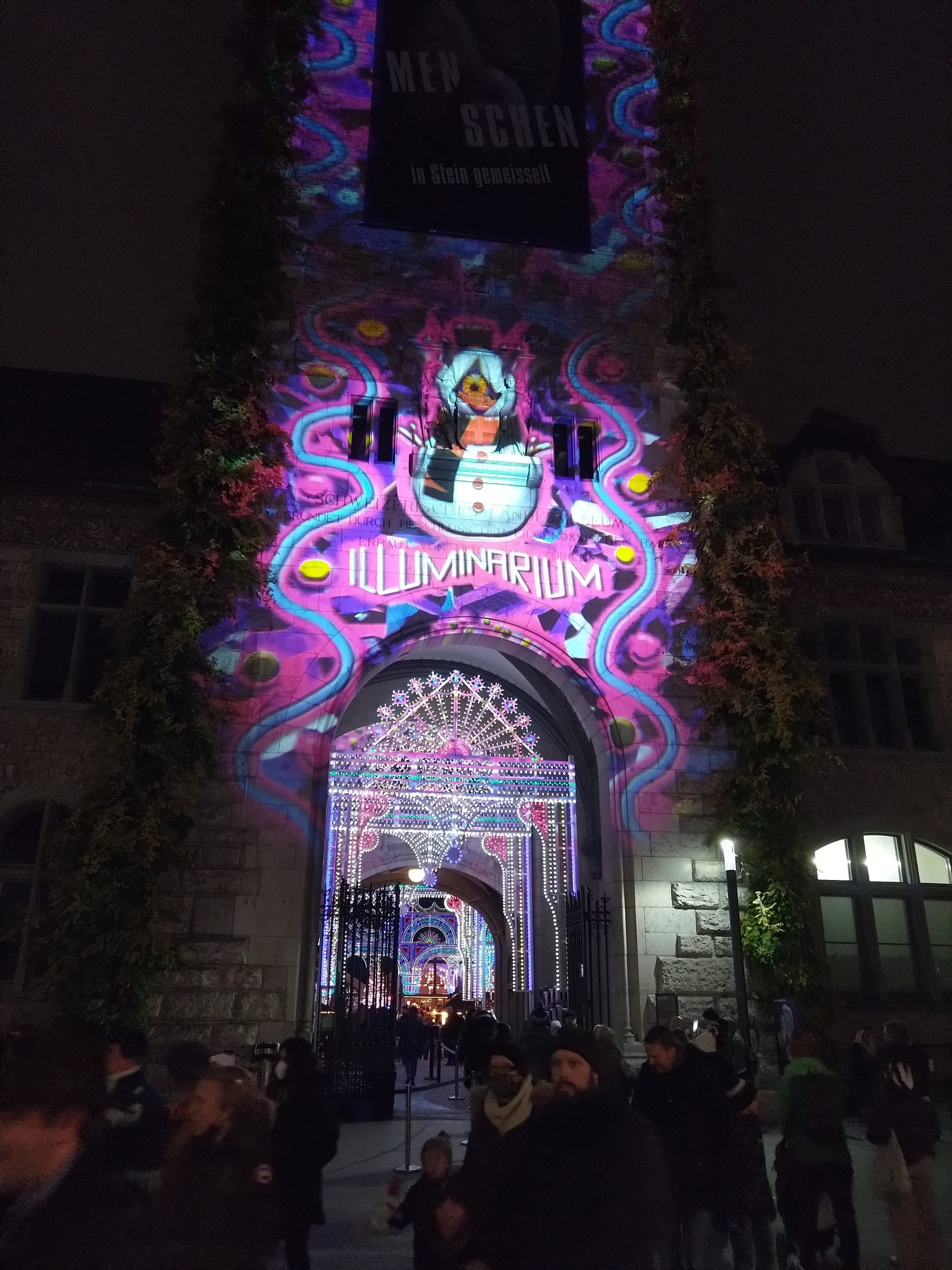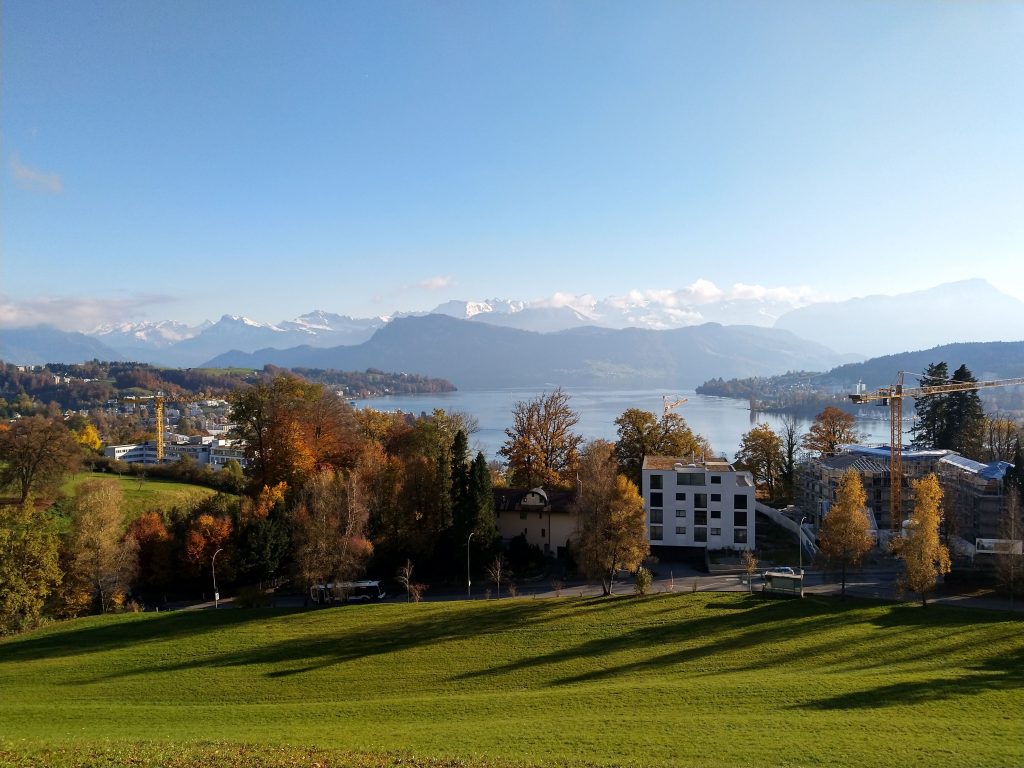After two years of remote work, the restrictions were partially lifted, and I got the chance to embark on my first secondment in the last year of the Marie Curie program. My secondment was initially at Cornell University, but since the host supervisor had moved to Switzerland last year, it changed to ETH Zurich, which I am happy about it because a lot of visa application processes were saved, and I could start the research visit on time. Moreover, ETH itself is among the top 10 best universities globally, and the experience of working at such a university was exciting to me.
There, in the first week, I got acquainted with the group, and we had informative discussions about our projects, so we could benefit from the time being and start a new project with them. One major benefit of research visits is that one can look at his/her work from another perspective and find its strengths and weaknesses. This helped me to a great extent. Additionally, one will get lots of new ideas to work with. In my case, not only have I experienced and worked on the project we defined at the start of the secondment, but halfway through it I also got a good idea of how to extend my previous work. It was a proliferating research visit for me, with two conference papers at the end, even though it was only three months.

Since it was after the long remote work period, most of the grad students were on the campus. Lunchtimes were awesome, as all the group members shared news and fun topics. Also, there were Friday afterwork Nintendo gaming hours, which I really didn’t expect to happen there?. What’s more, there were many great talks from renowned researchers and scholars at ETH halls. One of the best things I experienced was the weekly lunch run of the Integrated Information Processing (IIP) group from the first weeks, and I got along with other students pretty fast.
Before this trip, I hadn’t visited Switzerland, but I did a lot of research. The main thing that caught my attention was that Zurich is one of the safest, cleanest, and most expensive cities in the world (especially the last point). Almost all expenses were double Helsinki’s, which is also an expensive city. It is a small city (compared to Paris/London), but there is just so much to explore. The old town is within walking distance of the University, and after finishing my work I took a walk in the city center and then headed to my apartment. Most notably, during Christmas, the streets are nicely decorated and filled with many Xmas markets. There are many museums in Zurich for different tastes, i.e., ranging from modern arts to FIFA museum, where the world cup trophy is exhibited.


Also, exploring Switzerland is an adventure itself! The other advantage of living in Zurich is that Germany & France are literally less than an hour away. Thus, in addition to Switzerland, there is an opportunity to visit nearby countries, so I visited my friends in Frankfurt during this trip. Being located between the Alps is another plus, (which means taking a one-hour train) and one can start hiking/skiing. There are many picturesque places in Switzerland, among which I enjoyed visiting Lucerne the most. It is a fairly small country, thus every weekend could be spent visiting one city on a day trip.

Overall, it was a fantastic short secondment for me, with lots of joy and achievements. It is very recommended to any Ph.D. candidate to at least seek one research visit during his/her doctoral studies, as it opens the door to many networking and job opportunities. Besides, you can have an entire country tour in a reasonable amount of time.
Read more from Parham >